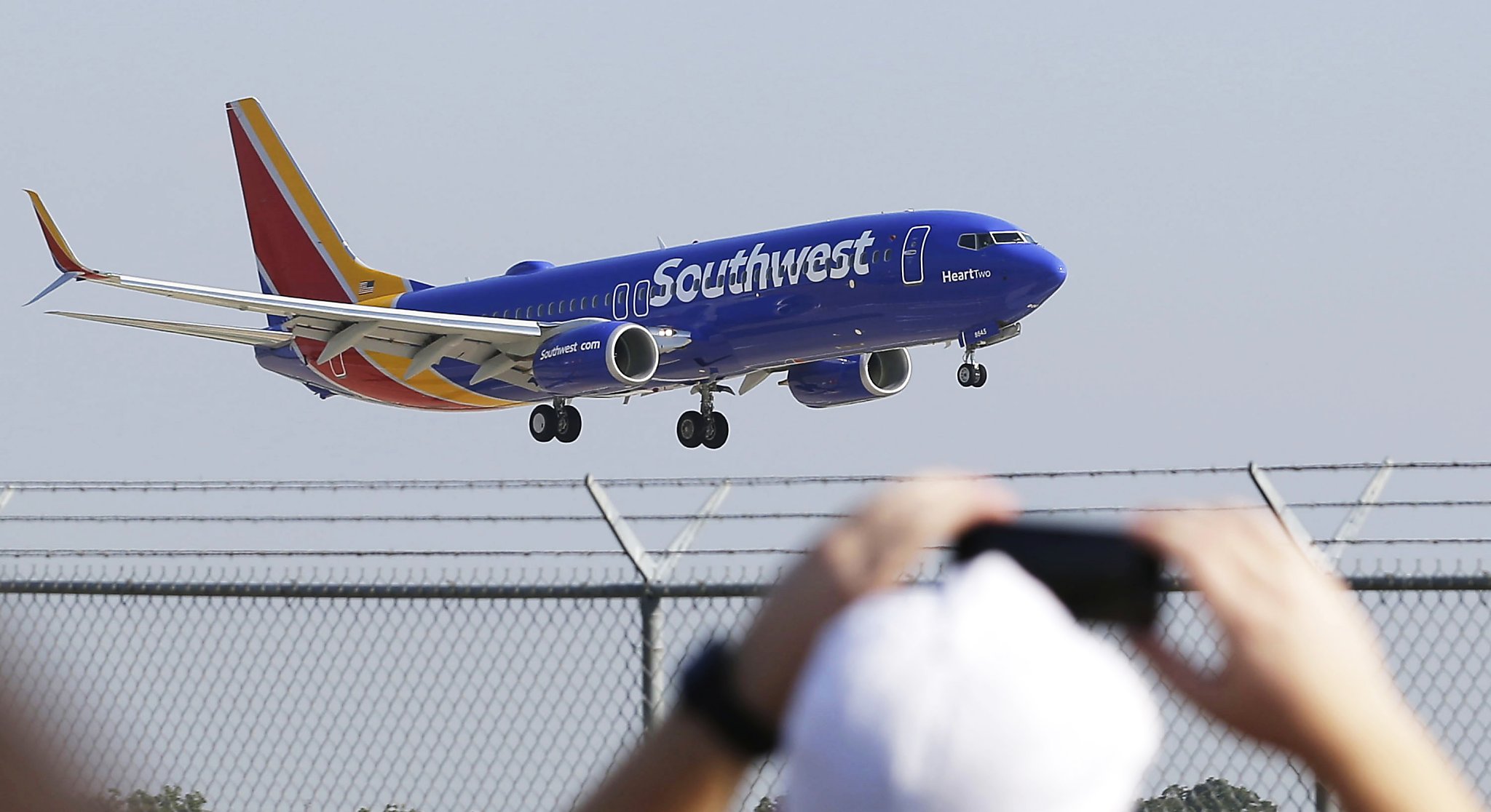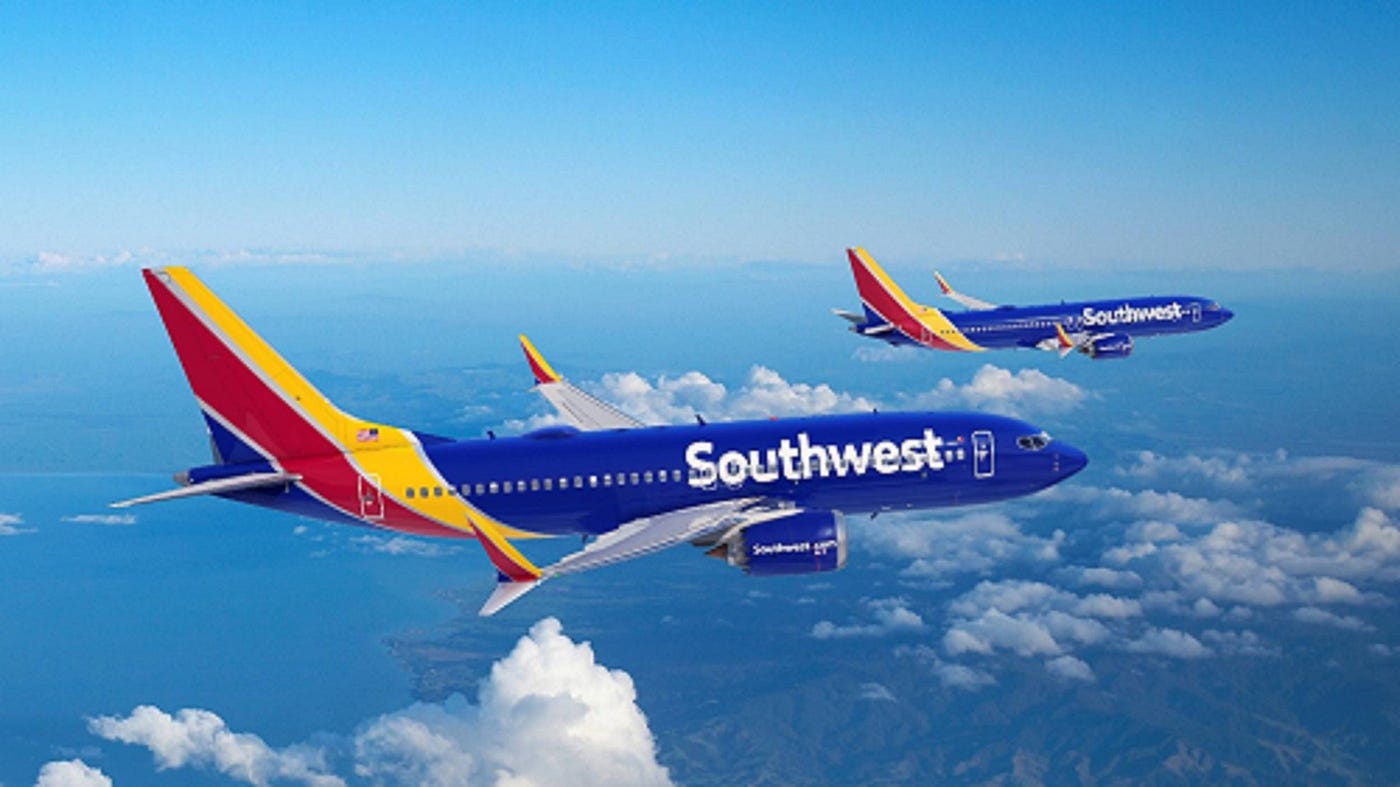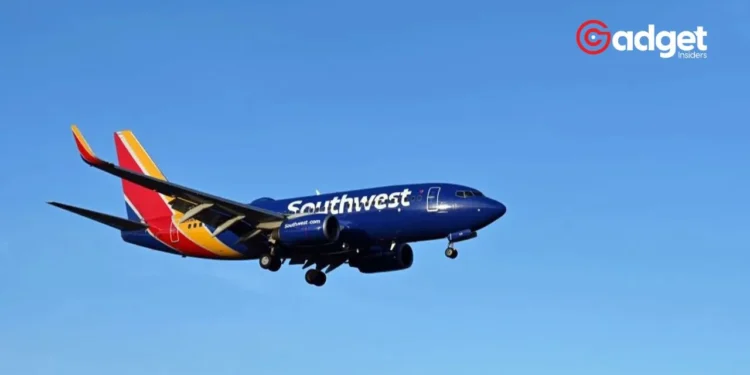In the ever-evolving landscape of airline safety and customer service, Southwest Airlines has taken a significant step forward. The airline, already known for its customer-centric approach, is enhancing its onboard emergency medical kits with critical, life-saving medications, including the overdose-reversal drug Naloxone.
This move not only aligns with the airline’s commitment to passenger safety but also sets a new standard in the aviation industry for health and safety preparedness.

Southwest Airlines Proactive Approach to Onboard Safety
Traveling by air, passengers entrust their safety to the airline, accepting the inherent limitations of medical resources available at 35,000 feet. While flying is statistically safe, unexpected medical emergencies can and do occur, necessitating a well-equipped response from airline crews.
Recognizing this, Southwest Airlines has meticulously updated its onboard emergency medical resources to address potential medical crises more effectively. “All planes are equipped with a first-aid kit, containing common over-the-counter (OTC) medications.
Our flight attendants will offer OTC medication to you if the need arises. However, flight attendants will not physically administer medication — whether from the first-aid kit or that you bring with you,” Southwest Airlines elucidates on its website, underscoring its readiness to assist in medical situations within the constraints of FAA regulations.
In an ambitious move to go beyond regulatory requirements, Southwest Airlines has introduced Naloxone, an opioid overdose reversal medication, into its emergency medical kits.
his initiative places Southwest alongside United Airlines and Alaska Airlines in adopting a proactive stance on passenger health and safety, acknowledging the grim reality of the opioid crisis and its potential to affect passengers in flight.
"99.97% of airborne pathogens are captured by the HEPA filtering system… The case is very strong that masks don’t add much if anything in the air cabin." – Southwest Airlines CEO Gary Kelly
It was always about control, not safety. RT to demand no forced masks on planes! pic.twitter.com/XaOwtNESQa
— Robby Starbuck (@robbystarbuck) December 16, 2021
Naloxone: A Critical Addition to Southwest’s Emergency Kits
Naloxone, commercially known as Narcan, is a powerful antidote capable of reversing the effects of an opioid overdose. Its inclusion in Southwest’s medical kits is a testament to the airline’s foresight and commitment to passenger welfare.
The Centers for Disease Control (CDC) praises Naloxone for its life-saving capabilities, noting its ease of use and effectiveness in critical situations.
“With customer safety and comfort at the front of its mind, Southwest is enhancing its onboard emergency medical kits above and beyond current FAA requirements.
The new kits, which are being installed throughout our fleet throughout 2024, feature an auto-injector dosage of epinephrine, as well as doses of naloxone (Narcan) nasal spray and ondansetron (Zofran) tablets,” a Southwest Airlines spokesperson informed TheStreet, highlighting the airline’s dedication to a comprehensive safety strategy.

Future-Proofing Fleet and Capacity
Beyond immediate safety measures, Southwest Airlines is also laying the groundwork for its future operations. The airline’s strategic planning encompasses fleet expansion and renewal, alongside capacity growth to meet evolving market demands.
Amidst navigating challenges such as Boeing’s delivery delays, Southwest is poised to receive 79 aircraft in 2024, further expanding its fleet and enhancing its service offerings.
“Taking our current plan into consideration, we expect our 2024 capex to be in the range of $3.5 billion to $4 billion,” CFO Tammy Romo disclosed, underscoring the airline’s robust investment in its operational capabilities and customer experience.
This strategic expansion is anticipated to bolster Southwest’s capacity by approximately 6% year over year, notwithstanding the ongoing Boeing 737-Max certification saga. Southwest Airlines‘ latest initiatives in enhancing onboard medical safety and planning for future growth exemplify the airline’s leadership in customer service and safety.
By incorporating life-saving medications like Naloxone into its emergency kits, Southwest not only addresses a critical public health issue but also reassures passengers of their safety and well-being while aboard. Coupled with its strategic fleet and capacity expansion, Southwest Airlines continues to soar high, setting new benchmarks for the aviation industry at large.










